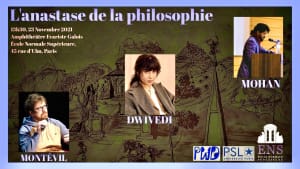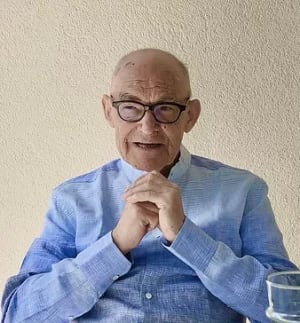
ENMI 2022 - Organisation du Vivant, Organologie des Savoirs : Technodiversité, biodiversité, noodiversité : nouveaux régimes de l’habiter
Pour repenser l’anthropos à lumière de l’entropocène, nous proposons de revenir aux racines philosophiques et historiques ou, en d’autres termes, à une épistémologie historique qui permette d’exercer une critique de l’alliance qui s’est construite, au cours d’un siècle et à partir d’une pensée scientifique emprise de mécanicisme, entre un nouveau scientisme, la technoscience du numérique, et les formes contemporaines de la gouvernance. En s’appuyant sur des notions floues d’information et de programme génétiques, aux conséquences fortes, on a produit une technoscience qui déborde aujourd’hui sur le vivant. Dans le même temps, les développements technologiques issus des révolutions industrielles successives désorganisent profondément le vivant, conduisant à ce qui est couramment appelé la sixième extinction de masse de l’histoire de la Terre, appelant une réforme du rapport entre technologie et vivant. De nombreuses études critiques font état du rôle politique des nouvelles technologies du numérique, dans ses deux développements les plus importants, l’informatique et l’intelligence artificielle, et dans leurs conséquences pour la compréhension du vivant. Les réseaux informatiques permettent une centralisation nouvelle de l’information, voire la gestion des activités humaines par des monopoles privés et par des gouvernements aux ambitions autoritaires croissantes. Des machines nous reconnaissent et nous suivent, proposent des réponses à des questions mal posées, en raison du formatage programmé qui précède et canalise nos pensées, nos actions et nos désirs. Numérique et biologique constituent aujourd’hui le nouveau milieu noétique dont nous devons prendre soin.












